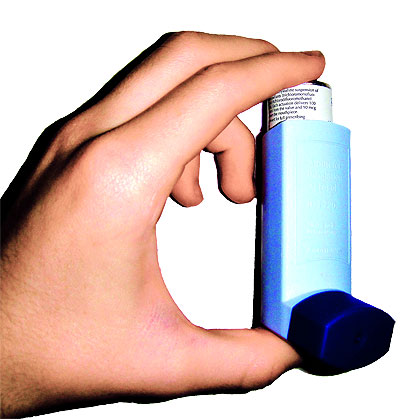Asthma affects the small airways that carry air in and out of your lungs. From time to time, the muscles surrounding these airways constricts after becoming irritated by inflammation.


Asthma affects the small airways that carry air in and out of your lungs. From time to time, the muscles surrounding these airways constricts after becoming irritated by inflammation. The airways are narrowed further as the amount of mucus lining the airways increases and sufferers may wheeze and struggle to draw a full breath. Episodes can last from between an hour to weeks if left without treatment.Asthma is a chronic condition, which means attacks can occur throughout your life. However, whilst there are times when severe episodes strike, for most asthmatics there are long periods during which they have few, if any, symptoms.It can affect anyone at any age, but it tends to be worse in children and young adults.CausesWhile asthma is caused by an inflammation of the airways, scientists don’t know exactly what causes this inflammation. Asthmatic and allergic tendencies run in families and scientists believe there are a number of different genes that react with environmental factors to trigger the onset of asthma.Whilst scientists are searching for the genes involved, they do already know that there are a number of things that could increase the risk of developing the condition.These include:Exposure to allergens (proteins which can cause an allergic reaction) during pregnancy - from foods in the mother’s diet, for exampleBeing brought up in a house where there is a pet, especially a catHaving certain illnesses as a childBeing exposed to cigarette smoke in the womb or early life - babies whose mothers smoke are twice as likely to develop asthmaHaving allergies to things such as pollen, house-dust mites and mouldContributing factors in the Western world include air pollution and processed foods.What can cause an attack?Once you have asthma, there are a number of triggers known to cause a flare up, known as an asthma attack. These triggers vary from person to person, but include: weather conditions; certain medications; exposure to chemicals and traffic fumes; foods; exercise; strong emotions; and infections. Smoking and exposure to second-hand smoke is particularly dangerous for asthmatics.






